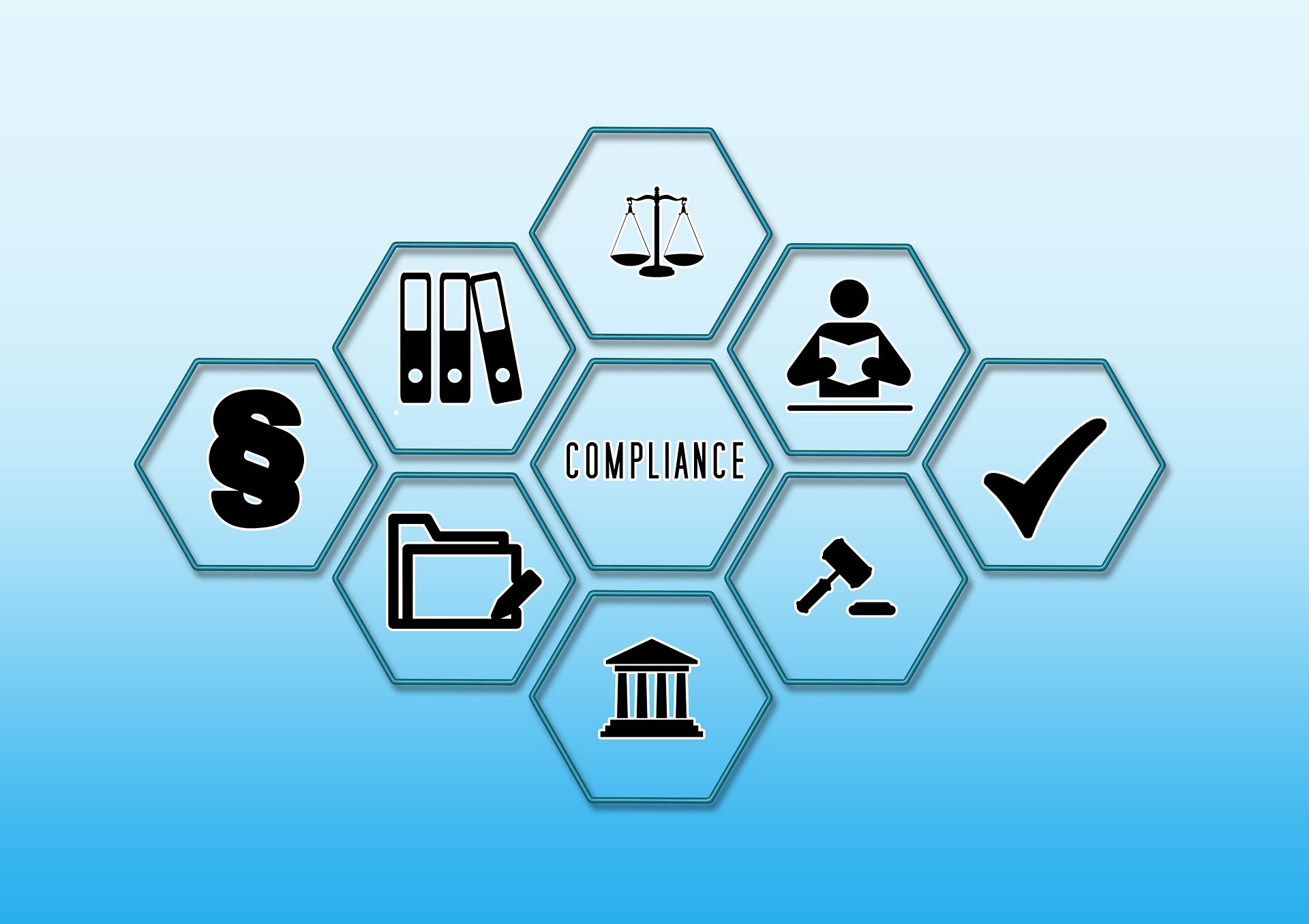Don't settle for half the story
Demyst gives you access to all of the data you need. Evaluate thousands of data attributes from hundreds of possible data connectors all pulled into your own custom-built APIs for instant data deployment.


According to the 2021 True Cost of Financial Crime Compliance report, financial institutions spent $213.9 billion on regulatory compliance in 2020, up from $180.9 billion the previous year. These costs are expected to continue climbing — and the increased expenses will reduce productivity in APAC, EMEA and Latin America.
The Australian Securities and Investments Commission has warned companies about the consequences of under-investment in data systems. Chief risk officers have been urged to demand more funding to improve their existing processes.
Firms in Japan have shown deficiencies related to their understanding of basic anti-money-laundering concepts, according to a Financial Action Task Force report. New legislation will encourage the modernization of processes for the country’s financial institutions.
The UK Financial Conduct Authority has also acknowledged growing compliance costs; they are considering blockchain technology as a possible solution.
National and transnational regulators are asking companies to play a more active role in identifying potential bad actors, collecting information about ultimate beneficial owners. The goal is to identify illicit activities, like money laundering, conducted by individuals and organizations taking advantage of the global economy.
Financial Institutions (FIs) can invest in three areas to upgrade their compliance capabilities: technology, data, and people. The goal of the first two categories is to automate compliance checks and data sharing to the greatest extent possible. For the remaining processes, FIs must have an adequate workforce for manual reviews and unique situations.
In the context of external data, there are significant opportunities to automate compliance processes for know-your-customer, know-your-business, anti-money laundering, and transaction monitoring processes. Organizations can access hundreds of data products to verify identities, monitor business credit data, and verify a company’s chain of ownership. This data tends to be less expensive than large-scale technology improvements or the expansion of an organization’s workforce.
The key challenge for organizations lies in understanding which data exists, how to access it, and how to integrate it into compliance workflows.
Demyst provides organizations with a certified external data ecosystem that focuses on onboarding data providers for financial institutions and their wokflows, including compliance. These data providers are particularly useful in the compliance space:
|
Data Provider |
Use Case |
|
Identity Verification, KYC |
|
|
Identity Verification, KYC |
|
|
Identity Verification, KYC |
|
|
Identity Verification, KYC |
|
|
KYC, KYB |
|
|
KYB |
|
|
KYB, UBO |
|
|
Sanction Lists, Watch Lists, Negative News |
|
|
KYB, UBO |
Financial institutions addressing heightened scrutiny from regulators will benefit from targeted investments in technology, data, and people. Demyst helps them get started by offering a comprehensive software platform with an API that provides real-time access to hundreds of data providers.
Don't settle for half the story
Demyst gives you access to all of the data you need. Evaluate thousands of data attributes from hundreds of possible data connectors all pulled into your own custom-built APIs for instant data deployment.

External data can be easy to discover and deploy